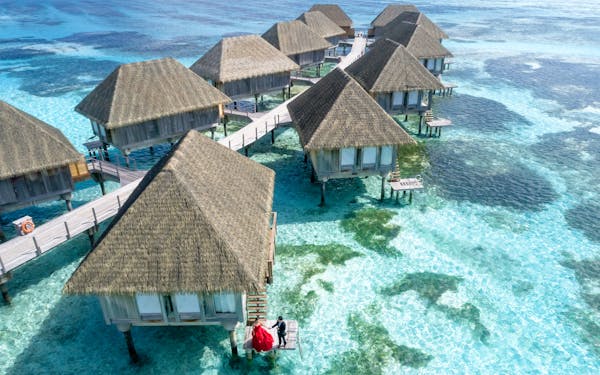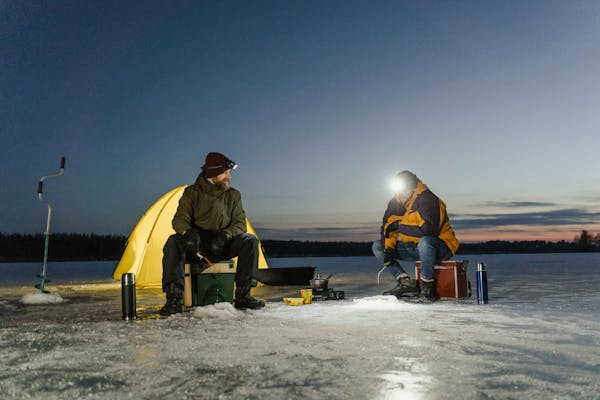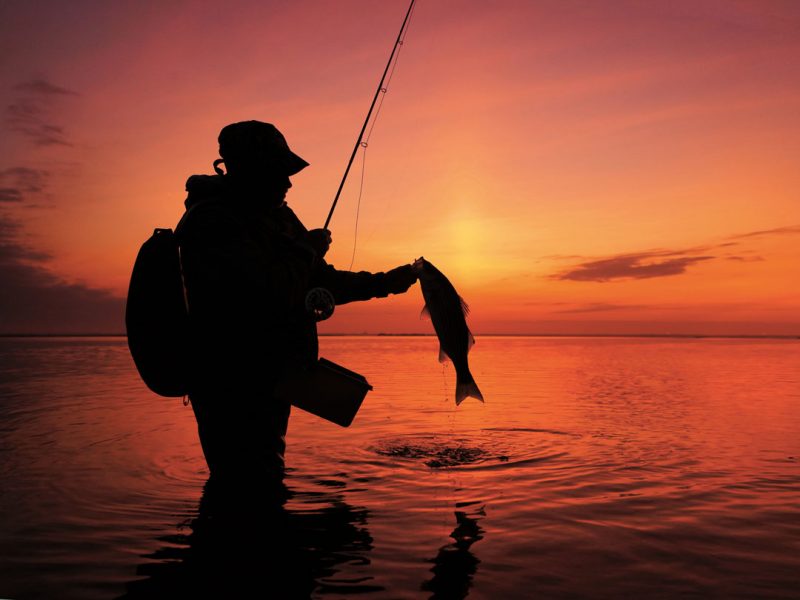Sustainable Fishing Destinations: Preserving Oceans for Future Generations
In today’s world, where environmental concerns are at the forefront of global discourse, sustainable fishing has emerged as a critical practice for safeguarding marine ecosystems. As such, travelers are increasingly drawn to destinations that prioritize responsible angling practices and conservation efforts.
These destinations not only offer unparalleled fishing experiences but also contribute to the preservation of our planet’s most vital resource – the ocean. From the azure waters of the Maldives to the rugged coastline of Alaska, sustainable fishing destinations beckon adventurers who seek to connect with nature while positively impacting the environment, so start checking them out ASAP.
The Maldives: A Model of Sustainable Fishing Practices
 Nestled in the heart of the Indian Ocean, the Maldives stands as a beacon of sustainable fishing practices. Traditional methods such as pole and line fishing have long been employed here, minimizing bycatch and reducing the environmental impact of fishing activities. Moreover, the Maldivian government has implemented stringent regulations on fishing quotas and gear, ensuring that fish populations remain robust and healthy. By embracing sustainable fishing practices, the Maldives not only preserves its marine biodiversity but also secures the livelihoods of local fishing communities for generations to come.
Nestled in the heart of the Indian Ocean, the Maldives stands as a beacon of sustainable fishing practices. Traditional methods such as pole and line fishing have long been employed here, minimizing bycatch and reducing the environmental impact of fishing activities. Moreover, the Maldivian government has implemented stringent regulations on fishing quotas and gear, ensuring that fish populations remain robust and healthy. By embracing sustainable fishing practices, the Maldives not only preserves its marine biodiversity but also secures the livelihoods of local fishing communities for generations to come.
Belize: Protecting Marine Biodiversity Through Conservation
Venturing into the turquoise waters of the Caribbean, Belize emerges as a paradise for eco-conscious anglers. The country’s extensive network of marine reserves and protected areas serves as a sanctuary for marine life, allowing fish populations to flourish. Local fishing communities in Belize have embraced sustainable practices such as catch-and-release fishing and the establishment of designated fishing zones, ensuring the long-term sustainability of their livelihoods. By prioritizing conservation efforts, Belize not only preserves its natural heritage but also offers visitors the opportunity to experience the wonders of the underwater world in its purest form.
Alaska: Balancing Conservation with Commercial Fishing
 In the pristine wilderness of Alaska, sustainable fishing is not just a practice but a way of life. With its vast coastline and abundant marine resources, Alaska’s fishing industry is governed by strict regulations and comprehensive management systems. Fisheries in Alaska are certified by reputable organizations like the Marine Stewardship Council (MSC), providing consumers with the assurance that the seafood they enjoy is sustainably sourced. From salmon to crab, Alaska’s fisheries demonstrate that conservation and commercial fishing can coexist harmoniously, setting a precedent for responsible resource management worldwide.
In the pristine wilderness of Alaska, sustainable fishing is not just a practice but a way of life. With its vast coastline and abundant marine resources, Alaska’s fishing industry is governed by strict regulations and comprehensive management systems. Fisheries in Alaska are certified by reputable organizations like the Marine Stewardship Council (MSC), providing consumers with the assurance that the seafood they enjoy is sustainably sourced. From salmon to crab, Alaska’s fisheries demonstrate that conservation and commercial fishing can coexist harmoniously, setting a precedent for responsible resource management worldwide.
Australia: Protecting Marine Biodiversity and Coastal Communities
The Australian government has implemented robust conservation measures to protect these invaluable natural assets, including the establishment of marine protected areas and the implementation of sustainable fishing practices. Through initiatives such as the Reef 2050 Plan and the National Fisheries Sustainable Development Goal, Australia aims to ensure the long-term health and resilience of its marine environments while supporting the livelihoods of coastal communities dependent on fishing and tourism. By balancing conservation with economic development, Australia sets a shining example of responsible stewardship for marine biodiversity conservation on a global scale, and if you choose to find a comfortable boat hire in Narooma, you can become a part of this movement as well.
Norway: A Commitment to Sustainable Fisheries Management
In the rugged fjords of Scandinavia, Norway’s coastal waters offer anglers a glimpse into a world where conservation takes precedence. With strict regulations governing both commercial and recreational fishing activities, Norway’s fisheries are managed with a focus on preserving wild salmon populations and protecting fragile marine ecosystems. Anglers can indulge in fly fishing in pristine rivers or embark on deep-sea expeditions in search of cod and halibut, all while supporting Norway’s commitment to sustainable fisheries management. Through innovative policies and community engagement, Norway sets a benchmark for responsible fishing practices on a global scale.
The Seychelles: Balancing Tourism with Conservation
Far from the beaten path, the Seychelles Islands in the Indian Ocean offer a tranquil escape for environmentally conscious travelers. With over a third of its territorial waters designated as marine protected areas, the Seychelles prioritizes the conservation of critical habitats and marine biodiversity. Visitors to the Seychelles can immerse themselves in the local culture, learning about traditional fishing techniques passed down through generations. Through sustainable tourism initiatives and community-led conservation efforts, the Seychelles showcases the symbiotic relationship between tourism and environmental conservation, ensuring that its natural treasures are preserved for future generations to enjoy.
In conclusion, sustainable fishing destinations represent a beacon of hope in our efforts to preserve the health and vitality of our oceans. From the Maldives to Alaska, and Belize to Norway, these destinations showcase the importance of responsible angling practices and conservation efforts. By choosing to visit sustainable fishing destinations and supporting local communities, travelers can make a tangible difference in the fight to protect our planet’s most precious resource. As we strive to create a more sustainable future, let us remember that the choices we make today will shape the legacy we leave for future generations.
